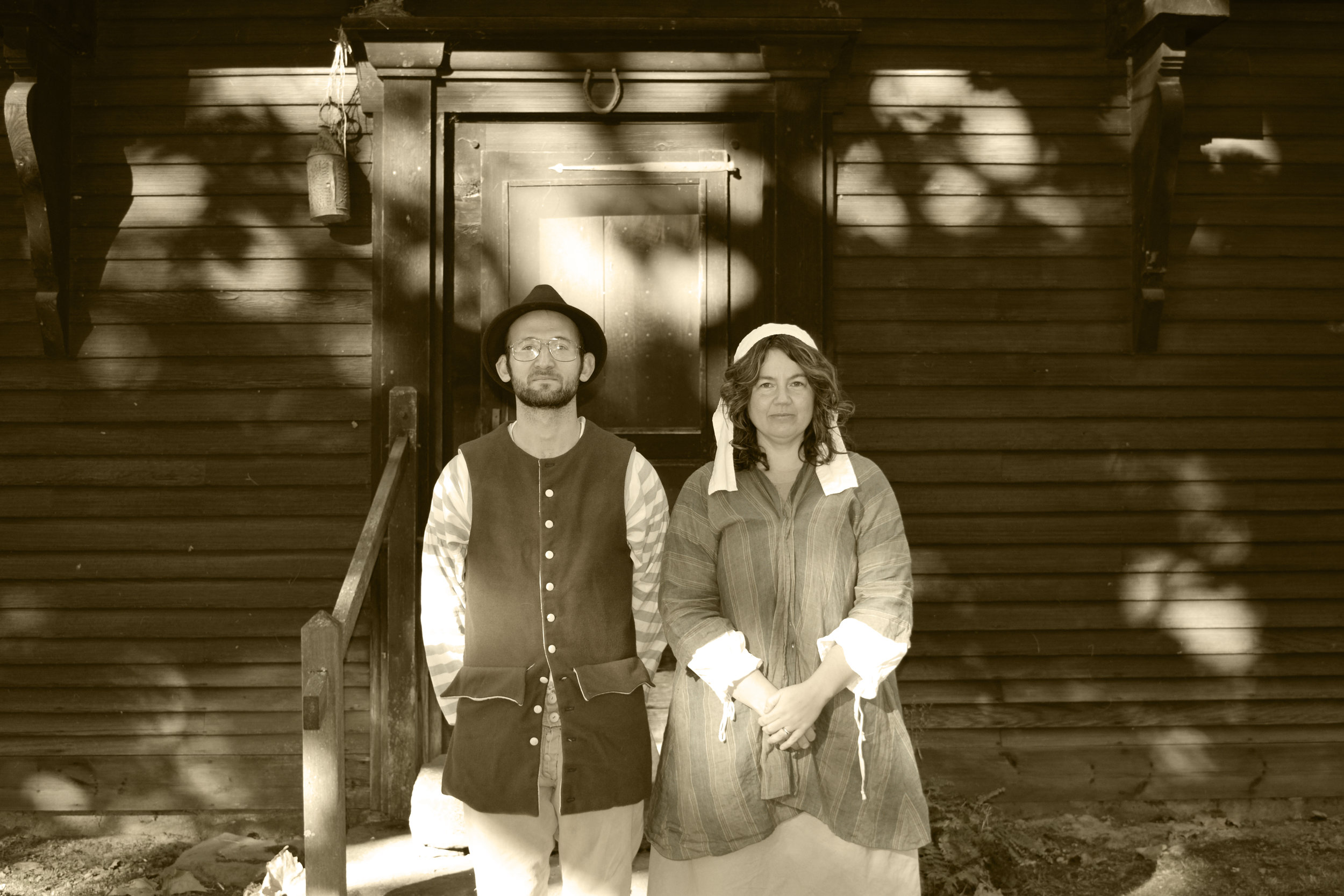Discovering Colonial New England: Division 2 goes to Deerfield, MA
By Sarah Parker-Geller, Division 2 Humanities Teacher.
Many students in New England spend a great deal of time learning about the colonial era. The time period is often glorified, idealized, and memorialized in ways that paint the colonists, particularly English colonists, as industrious and brave. Indeed, some colonists had these qualities, but what about the French settlers and traders, the Native groups that had lived on the land for centuries prior to the colonists arrival, and even, much to the surprise of many, the slaves that lived in New England? Who were these people? How did these groups interact with each other, and how did their relationships impact history?
Last week, Division 2 visited Deerfield, Massachusetts to learn more about all of these groups living in colonial America within the context of the controversial 1704 Deerfield Raid. Historically referred to as the Deerfield “Massacre” by the English, the event has spurred discussion for centuries. Eight Natives and two Frenchmen were killed during the raid. The surviving French and Native captors marched their English captives through three feet of snow almost 300 miles north to Montreal. Some 88 captives made it; the others died en route, many hacked to death when they couldn't keep up with the pace of the forced march. Once the nearly starving group got to Canada, it split up. The Pocumtuck Valley Memorial Association presents the debate as follows: “Was [the] dramatic pre-dawn raid in contested lands an unprovoked attack on an innocent civilian village, or a justified military action against a fortified settlement in Native homelands?”
Over the course of our trip in Deerfield, students read geological and narrative histories of the Connecticut River Valley, providing context for the Native peoples who lived, and still live, in the region. We climbed Sugarloaf Mountain and experienced for ourselves the desirability of the land area. We visited the Memorial Hall Museum where we viewed the infamous Sheldon House door with the hatchet damage caused by the attacking natives. We saw sashes and pouches that captives, who made new lives with their Native families, gave to their colonial relatives in Deerfield, displaying the links between English and Native families after the 1704 raid. We toured African American sites, seeing homes for slaves kept by Christian ministers, claiming that slave ownership was their duty to God.
The most immersive experience for us in Deerfield was our stay at the Old Indian House, where we dressed as colonists, cooked meals, performed chores, and played games that would have been played in the early 1700s. Students prepared all of the meals, which included White Fricassee (chicken stew), Bannocks (pancakes), sweet rice, pompion (squash puree), and an apple pie-like dish. We cooked over an open-hearth fire, prepared all the ingredients, and learned about how challenging it was to cook in colonial America. Maya Zeldin said, “Cooking food was a much slower process than today. You didn't have much control over how things cooked around the fire, and many ingredients were not available for the colonists living in Deerfield Students also cleaned, carded, and spun wool, shelled beans, and played a Nine Men’s Morrice—a checkers type of game played with a simple board and small beans. Students also slept in the house on the floor, because what says colonial life more than waking up sore!
Students are now using their experiences and primary source documents to construct their own stories from the perspectives of colonists, Native groups, the French and the slaves who lived through the Deerfield Raid of 1704. Answering the essential question, “How does colonial history define how we view ourselves?”, students stories will give meaning to their groups’ experiences. Their stories will be recorded and available during Exhibitions.
Rather than simply learning about colonial America in a textbook, these 8th graders got an opportunity to experience colonial life first hand. Jack Eliot said of the experience, “It was pretty cool to actually experience how colonists lived…I made butter! All by myself!”





















